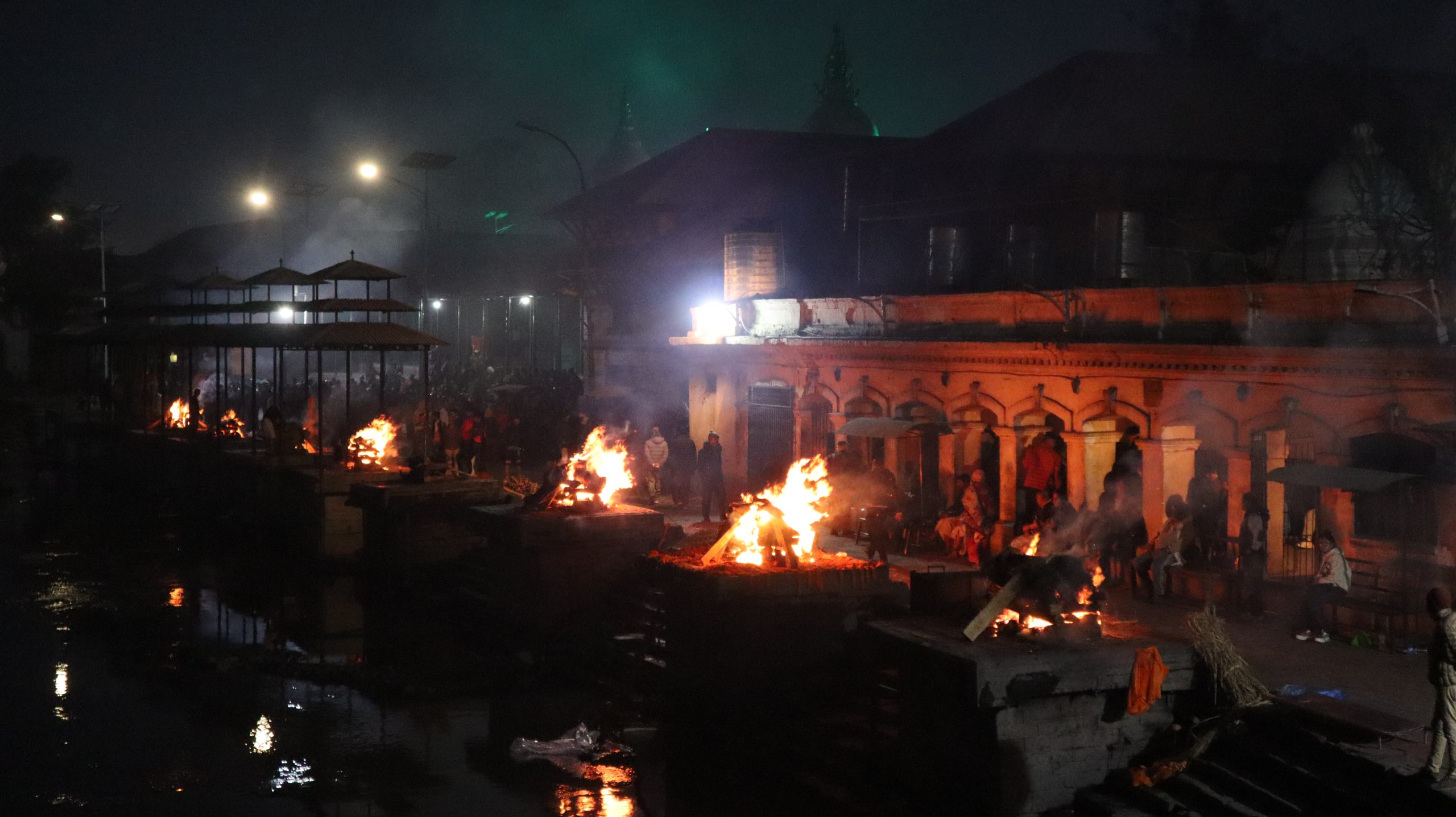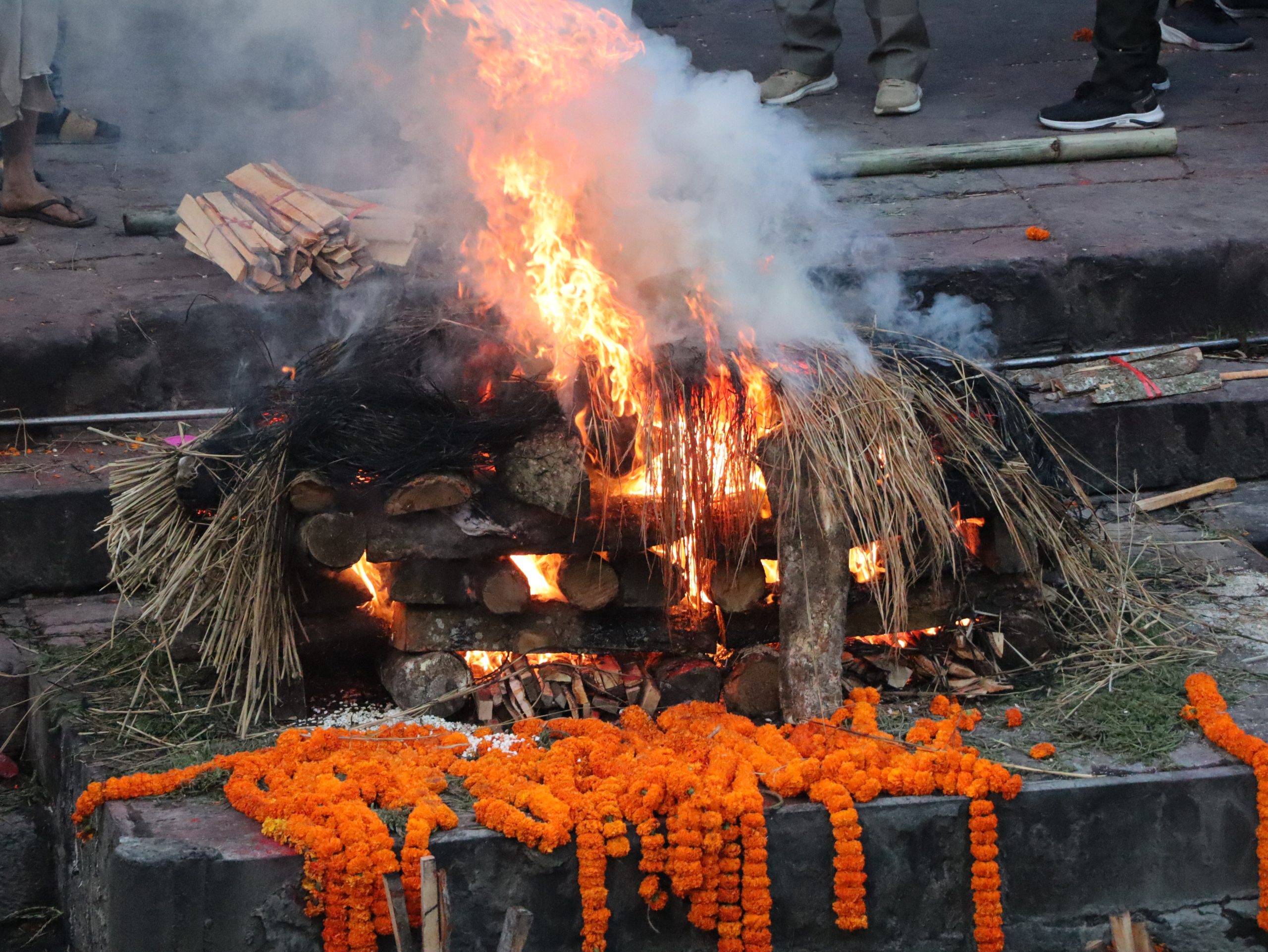🕉️ Understanding “Death is Birth” in Hinduism

In Hinduism, the idea that death is birth is deeply rooted in the cyclical view of life, death, and rebirth, known as Samsara (संसार). According to this ancient spiritual philosophy, death is not the end—but a transition. It is the closing of one chapter and the opening of another.
1. The Cycle of Samsara: Rebirth After Death
Hindu scriptures teach that every soul (Atman) passes through countless lifetimes. The physical body dies, but the soul is eternal and migrates to a new body. Thus:
“When the body dies, the soul takes another body, just as a person discards worn-out clothes and puts on new ones.”
— Bhagavad Gita 2.22
So, death of the body is followed by the birth of a new life. This endless cycle continues until one attains Moksha (liberation from the cycle of rebirth).
2. Karma Determines the Next Birth
Your actions (karma) in this life influence your next birth. Good deeds may lead to a higher birth, while negative karma can result in suffering or a lower form of life.
“According to karma, the soul is born again in different forms until it is purified and realizes its divine nature.”
Hence, death is not destruction, but transformation—a step forward in the soul’s journey.
3. Death as a Spiritual Opportunity
For many Hindu saints and yogis, death is seen as:
- A sacred gateway
- A moment to let go of ego and attachments
- A chance to merge with the divine or begin a new spiritual chapter
Some scriptures even celebrate death as a birth into spiritual realms, especially if the person dies in a state of devotion, yoga, or remembrance of God.
🔁 Life is a Continuum, Not a Line
In the West, life is often seen as linear: birth → life → death.
But in Hinduism, it is cyclical:
Birth → Life → Death → Rebirth → Life…
Until Moksha is achieved.
Thus, death is simply the womb of rebirth. Like day becomes night and night becomes day again, so too death leads to another beginning.
📜 Upanishadic Insight
“Na jāyate mriyate vā kadācin… ajo nityaḥ śāśvato ’yam purāṇo…”
– Katha Upanishad / Bhagavad Gita 2.20
(The soul is never born, nor does it ever die. It is eternal, indestructible, and timeless.)
This means the soul is unborn and undying—what we call “death” is only the birth of a new journey.
🙏 Conclusion: Death as a Gateway
In Hinduism, death is not feared but understood—as part of a divine rhythm. It is birth into another form, life, or plane of existence. It reminds us that the true Self (Atman) is beyond death and birth. Only the body perishes—the soul moves on, ever evolving.

